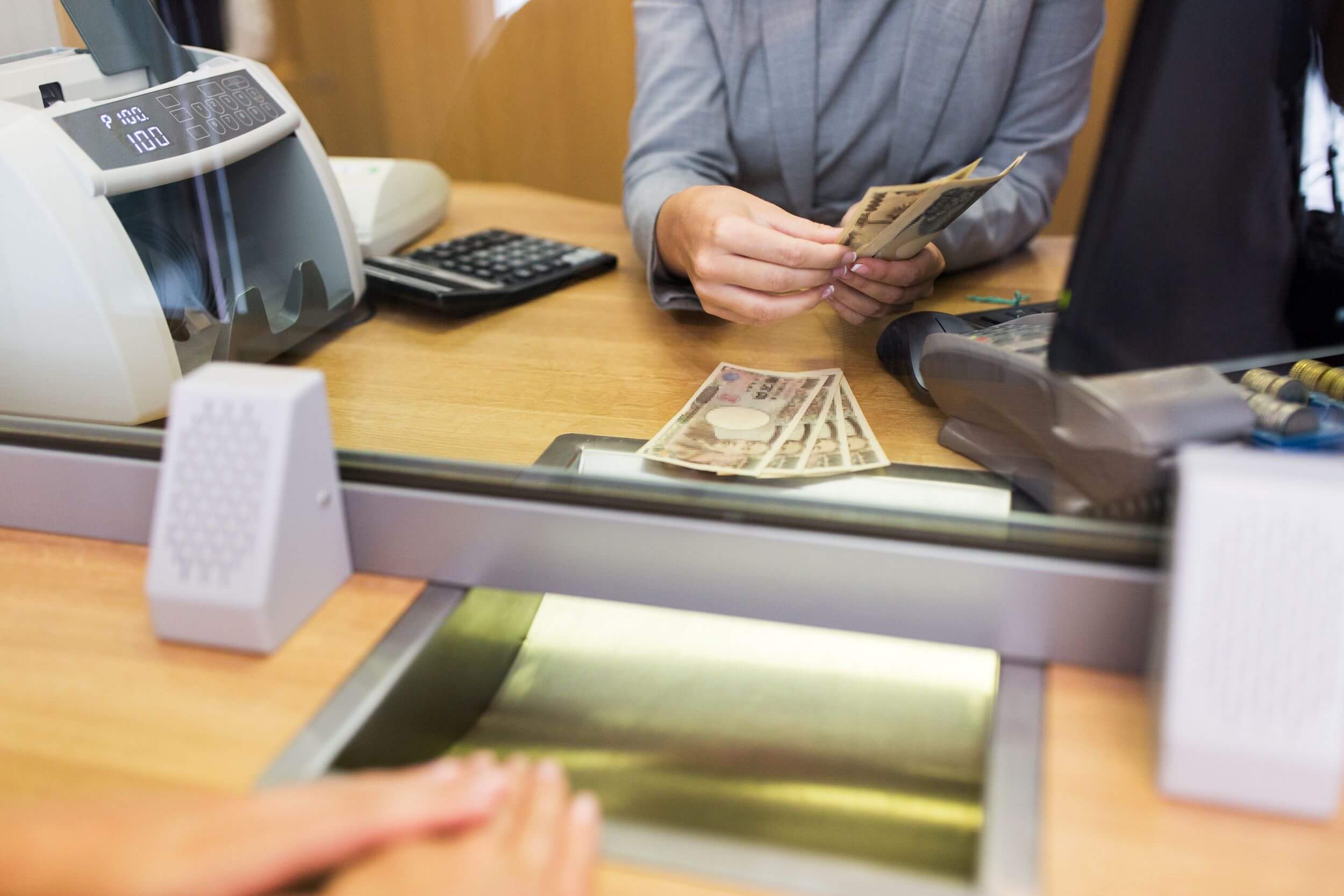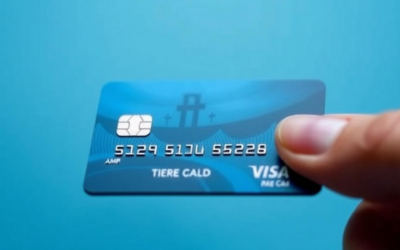What is offshore banking?
Offshore bank accounts have come a long way from being the secretive tools of the super-rich. Nowadays, they’re valuable financial resources for a wide range of people and businesses. In this guide, we’ll break down everything you need to know about offshore bank accounts: what they are, their benefits, the different types, legal considerations, and how to open one. By the end, you’ll have a solid understanding of how offshore banking can fit into your business financial strategy.
What is an offshore bank account?
So, what exactly is an offshore bank account? Simply put, it’s a bank account you open in a country other than your own. People use these accounts for various reasons, like handling finances in multiple currencies, protecting investments, and even optimizing their taxes. Despite what some might think, offshore accounts are totally legal and are used by lots of expats, digital nomads, and international businesses to manage their money smartly.
Why choose an offshore account for your business?
Why bother with an offshore account? Well, they can be a real game-changer for managing money across different countries. They make international payments and transfers a breeze, especially if you’re dealing with multiple currencies. For businessmen with connections in several countries, having an offshore account just makes sense.
Many expats, digital nomads & business owners keep a bank account in their home country and another where they currently live. Here are a few more reasons why you might want to consider an offshore account:
- Planning a nomadic lifestyle
- Retiring in a different country
- Frequent international business trips
- Getting paid in foreign currencies
- Owning property or other investments abroad
- Supporting family members in other countries
These are just a few of the practical reasons why offshore banking for businesses can be so useful. And believe me, there are plenty of benefits to explore. So, let’s talk more about why an offshore bank account might be just what you need.
Benefits of offshore bank accounts
Offshore bank accounts offer a ton of advantages, making them super attractive for anyone with international dealings, whether you’re an individual or a business.
Tax efficiency
Offshore accounts can help you optimize your taxes, especially if you’re dealing with places that have favorable tax laws. This can lead to significant savings. But remember, it’s important to stick to the tax laws of both your home country and where your offshore account is.
Currency flexibility
These accounts let you hold, send, and receive money in different currencies. This cuts out the hassle of currency exchange and helps you avoid the risks of fluctuating exchange rates.
Asset protection
Offshore accounts can protect your assets from political instability, economic crises, or legal issues back home. Think of it as a safety net for your money.
Privacy and security
Many offshore banks have strict privacy laws, keeping your account information confidential. This adds an extra layer of security for your assets, giving you peace of mind.
Access to international markets
Offshore accounts can open up access to international financial markets and investment opportunities that you might not get at home. It’s like getting a VIP pass to the global financial stage.
Types of offshore bank accounts
Offshore bank accounts come in a variety of types, each designed to fit different financial needs.
Personal accounts
These are your standard checking and savings accounts, just held in a foreign country. They’re great for individuals managing money across borders.
Investment accounts
These accounts are perfect for investing in international stocks, bonds, funds, and other financial instruments. It’s your gateway to global investing.
Trust accounts
Trust accounts are legal entities used for estate planning and asset protection. They let you transfer wealth privately to your beneficiaries.
Business accounts
Offshore business accounts are tailored for companies with international operations. They make cross-border transactions and financial management a breeze.
Legal and tax considerations
While offshore bank accounts come with plenty of perks, they also bring legal and tax responsibilities.
Reporting requirements
You have to report your offshore accounts to tax authorities in your home country. For instance, U.S. citizens need to file the IRS FBAR form for accounts holding more than $10,000. European citizens must follow their national regulations too.
Compliance with regulations
Offshore banks must adhere to international anti-money laundering (AML) and know-your-customer (KYC) regulations. This means you’ll need to provide documentation about where your money comes from and the nature of your transactions.
Tax obligations
Any interest earned and capital gains from offshore accounts are taxable in your home country. Make sure you understand the local tax rules to avoid getting taxed twice.
How to open an offshore bank account for your business
Opening an offshore bank account for your business might seem like a big deal, but it’s pretty straightforward if you follow these steps:
- Choose a bank:
First off, do your homework. Look into reputable banks in the country you’re interested in. Check out their stability, the services they offer, the fees they charge, and how easy it is to access your money. You want a bank that’s solid and offers what you need.
- Collect required documents:
Next, gather your paperwork. You’ll need proof of identity, proof of address, and details about where your money is coming from. If you’re opening a business account, you might need a business plan. It sounds like a lot, but it’s usually just standard stuff.
- Submit your application:
Once you’ve got your documents ready, fill out the application form and send it to the bank. Many banks let you do this online or by mail, which makes things a lot easier. Just follow their instructions and you should be good to go.
- Initial deposit:
To kickstart your account, you’ll need to make an initial deposit. The amount varies depending on the bank and the type of account you’re opening. This deposit activates your account and gets things rolling.
- Access your account:
After your application is approved and your deposit is in, the bank will tell you how to access your account. This could be online, via an app, or through other banking channels. Easy peasy!
Top 5 countries to open an offshore bank account in 2024
Some countries are famous for their top-notch offshore banking. Here are a few hotspots:
- Switzerland
Switzerland is a classic choice, known for its strict privacy laws and financial stability. It’s like the gold standard of offshore banking.
- Hong Kong
As a leading financial hub with strong banking regulations and no restrictions on fund movements, Hong Kong is perfect for international business.
- Cayman Islands
This place is a tax haven, offering minimal tax liability and excellent offshore banking facilities. It’s a go-to for many.
- Germany
With its strong economy and strict banking regulations, Germany provides a secure environment for offshore banking.
- Belize
Known for its high interest rates and political stability, Belize is a popular destination for offshore banking. Plus, it’s a pretty laid-back place.
Conclusion
Offshore bank accounts offer a ton of benefits, like tax efficiency, currency flexibility, asset protection, and privacy. However, they also come with legal and tax obligations. With the right information and careful planning, offshore banking can be a powerful tool for managing your international finances. Whether you’re an individual looking to diversify your assets or a business seeking global opportunities, offshore banking can help you reach your financial goals.
Simplify your business finances today
Set up a low-cost business account in just 5 minutes with OneMoneyWay so you can focus on growth for your business.
Frequently Asked Questions (FAQs)
Which country is best for an offshore bank account?
Switzerland is considered the best for privacy and security. It’s renowned for its stringent privacy laws and stable financial environment.
How to withdraw money from an offshore account?
Withdrawing money from an offshore account is like using a regular bank. You can use ATMs, online banking, or wire transfers. Be sure to check the fees and regulations specific to your bank.
What are the advantages and disadvantages of offshore banking?
Advantages include tax efficiency, currency flexibility, and asset protection. Disadvantages are higher fees, strict reporting requirements, and potential currency risks. Weigh these factors to see if offshore banking suits your needs.
What is an onshore vs. offshore bank account?
An onshore account is in your home country, while an offshore account is in a different country. Offshore accounts offer more privacy and tax benefits but come with more regulations and higher costs.
How much money can you take offshore?
You can typically transfer up to $10,000 USD or €10,000 without much scrutiny. Larger amounts must comply with reporting requirements to avoid legal issues. Always check your local regulations for specific limits.







